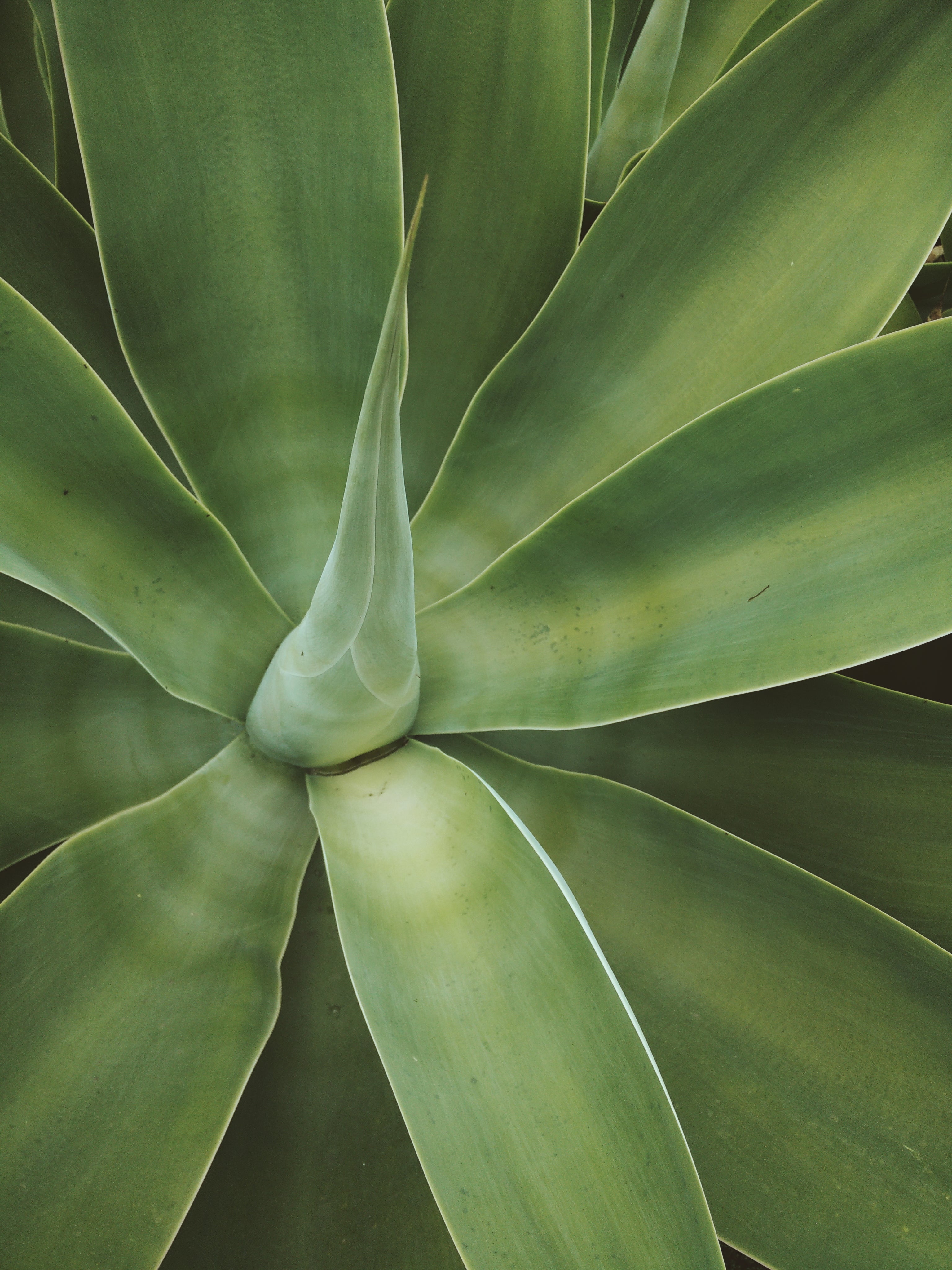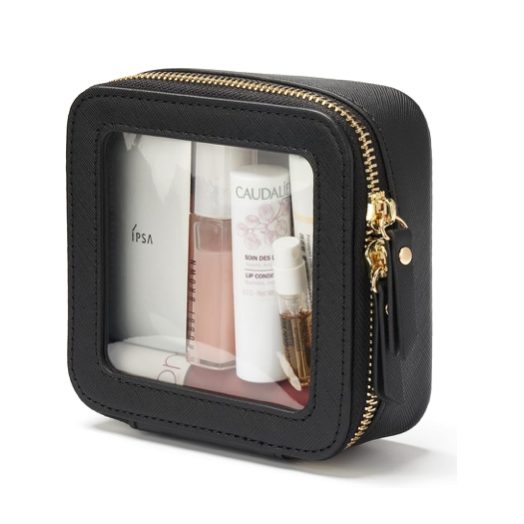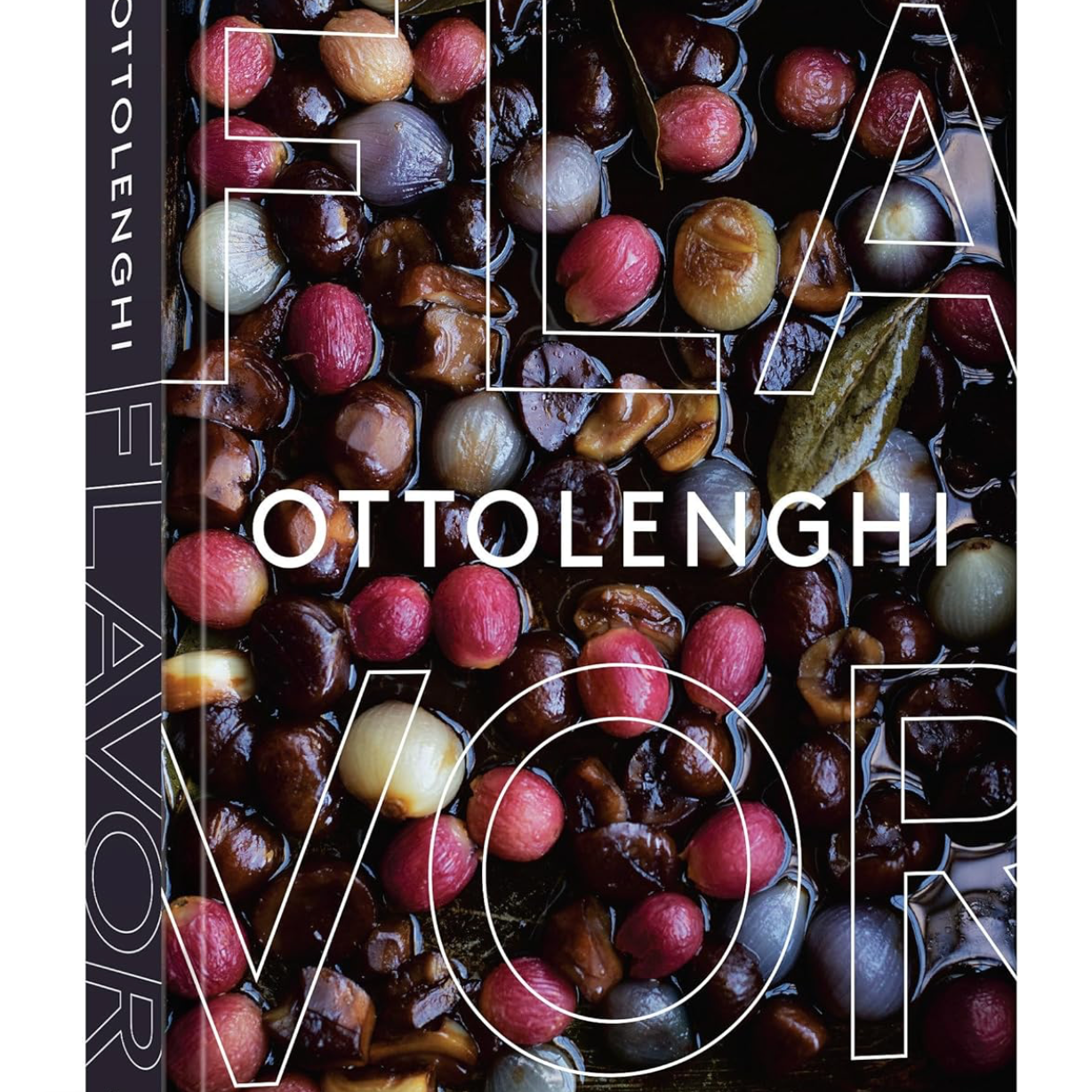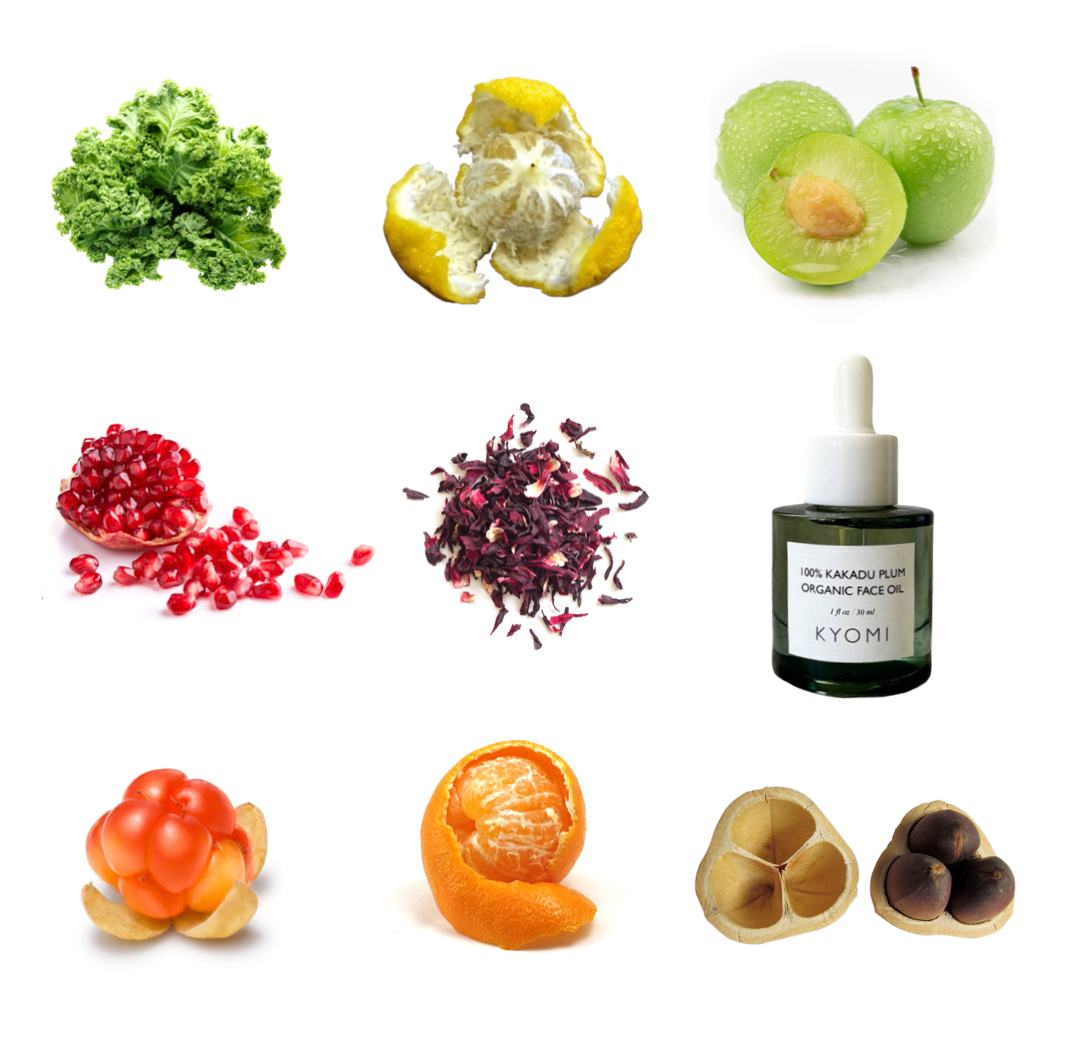Sensitive skin can feel like a balancing act. One wrong product or ingredient, and you’re facing redness, irritation, or flare-ups that last for days. But with the right skincare routine—one that’s gentle, nourishing, and science-backed—you can calm and protect your skin while restoring its natural glow.
In this guide, we’ll explore how to build the best skincare routine for sensitive skin, featuring natural products, calming actives, and non-stripping cleansers that strengthen your barrier and keep your complexion happy.
Understanding Sensitive Skin: Why It Needs Special Care
Sensitive skin isn’t a type—it’s a condition that can happen to any skin type (dry, oily, or combination). It occurs when the skin barrier becomes compromised, allowing irritants, allergens, and moisture loss to trigger redness, stinging, and discomfort.
Common triggers include:
-
Harsh cleansers and exfoliants
-
Synthetic fragrances and preservatives
-
Environmental stressors (pollution, UV rays, extreme weather)
-
Overuse of actives like retinol or acids
The solution? A skincare routine built around calming, barrier-repairing ingredients that strengthen your skin’s natural defenses.
Morning Routine: Protect and Soothe
1. Gentle, Non-Stripping Cleanser
Start with a cleanser that removes impurities without disrupting your skin’s lipid barrier. Look for sulfate-free, pH-balanced formulas that use mild surfactants.
Best Ingredients:
-
Aloe vera (soothing)
-
Oat extract (calming)
-
Glycerin (hydrating)
Why It Matters: A harsh cleanser can strip away essential oils, leaving sensitive skin tight and reactive. A 2018 study in Dermatologic Clinics emphasizes the importance of mild cleansers in managing sensitive skin (Ananthapadmanabhan et al., 2018).
2. Hydrating Toner or Essence
Skip alcohol-based toners and opt for hydrating, antioxidant-rich essences. These help replenish moisture and prep your skin for treatments.
Best Ingredients:
-
Cucumber extract
-
Chamomile
-
Hyaluronic acid (plant-fermented)
3. Calming Serum with Natural Actives
Serums are where you can deliver concentrated soothing ingredients to address redness and irritation.
Star Ingredients for Sensitive Skin:
-
Niacinamide (strengthens the barrier, reduces redness)
-
Bakuchiol (retinol alternative without irritation)
-
Green tea extract (antioxidant, anti-inflammatory)
Science Says: Bakuchiol has been clinically shown to improve skin texture and fine lines without the irritation of retinol (British Journal of Dermatology, Dhaliwal et al., 2018).
4. Lightweight Moisturizer with Plant Oils
Sensitive skin thrives on a moisturizer that seals in hydration and fortifies the barrier. Look for fragrance-free, non-comedogenic formulas enriched with plant-based oils.
Best Plant Oils:
-
Cacay Oil (natural vitamin A and linoleic acid)
-
Kakadu Plum Oil (vitamin C for brightening and repairing)
-
Pure Plum Oil (polyphenols for antioxidant protection)
5. Mineral Sunscreen
Finish with a broad-spectrum mineral sunscreen (SPF 30+). Mineral filters like zinc oxide and titanium dioxide are less likely to irritate sensitive skin compared to chemical sunscreens.
Evening Routine: Repair and Restore
1. Gentle Cleanser
Use the same gentle cleanser from your morning routine to remove makeup, SPF, and impurities. For heavier makeup, consider starting with a plant-based cleansing oil like jojoba or squalane, which dissolves debris without tugging or irritating.
2. Soothing Treatment Serum
Nighttime is ideal for repairing your skin. Choose serums with calming and reparative actives.
Key Ingredients:
-
Centella Asiatica (Cica) – speeds up healing
-
Niacinamide – reduces redness and improves resilience
-
Bakuchiol – stimulates collagen without sensitivity
3. Richer Moisturizer or Overnight Oil
Seal in hydration with a slightly richer cream or a few drops of nourishing oil.
Best Plant Oils for Nighttime:
-
Pomegranate Seed Oil – omega-5 fatty acids soothe inflammation
-
Rosehip Oil – natural vitamin A promotes regeneration
-
Pure Plum Oil – deeply hydrates and supports the barrier
Weekly Treatments (With Caution)
Sensitive skin requires minimal exfoliation, but occasional gentle treatments can help remove dead cells and brighten.
✦ Exfoliation
-
Use gentle face exfoliator or enzyme-based exfoliants (papaya, pumpkin) or lactic acid at low concentrations twice a week.
✦ Masking
-
Opt for hydrating masks with aloe vera, oat extract, and chamomile.
Ingredients to Avoid If You Have Sensitive Skin
🚫 Alcohol-based toners
🚫 Synthetic fragrances
🚫 Harsh physical scrubs (almond, walnut shells, etc)
🚫 High concentrations of retinoids or AHAs/BHAs
FAQs About Skincare for Sensitive Skin
Can plant-based oils irritate sensitive skin?
Most high-quality, cold-pressed oils are well tolerated. Always patch test first and avoid essential oils with high sensitizing potential (like citrus oils).
How do I know if my cleanser is too harsh?
If your skin feels tight, dry, or stings after cleansing, switch to a cream-based or oil cleanser.
Is Bakuchiol safe for daily use?
Yes. Bakuchiol is gentle enough for daily use and safe for sensitive and pregnant skin. However, always consult a physician first.
Final Thoughts: Sensitive Skin Deserves Gentle, Science-Backed Care
A well-crafted routine with calming actives, natural oils, and non-stripping cleansers can transform sensitive skin from reactive to resilient. By focusing on barrier repair and avoiding irritants, you’re not only soothing your skin but also restoring its ability to protect itself.
Kyomi Skin’s botanical formulations, enriched with Cacay, Kakadu Plum, Pure Plum, and Bakuchiol, are designed for even the most delicate complexions—proving that nature and science can work in perfect harmony.
References
-
Ananthapadmanabhan, K. P., et al. (2018). Cleansers and their role in various dermatological disorders. Dermatologic Clinics, 36(1), 13–22.
-
Dhaliwal, S., et al. (2018). Assessment of bakuchiol as a retinol alternative. British Journal of Dermatology, 179(2), 289–296.
-
Fluhr, J. W., et al. (2020). Essential fatty acids in maintaining skin barrier integrity. International Journal of Molecular Sciences, 21(17), 6329.












